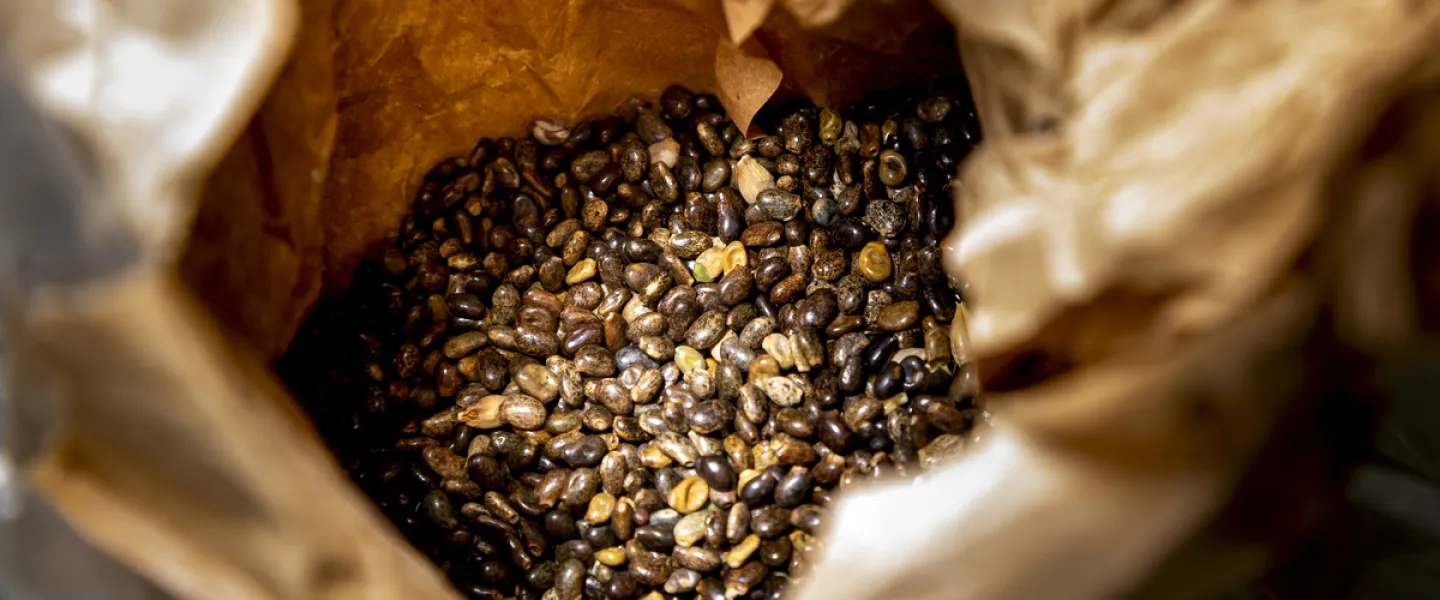
Lupins are extremely prevalent here in Iceland, yet remain a little utilised resource. In other countries, the lupin has been used as food for humans and animals, since it is rich in protein and energy as well as starch. It is considered particularly good for ruminants, as well as pigs and birds. The Icelandic lupin is more bitter than foreign, sweeter varieties and animals have therefore rejected it.
The goal of the research, conducted this summer in cooperation with the Student Innovation Fund, is to find uses for the Icelandic lupin, both in human food and animal feed for farming. The project is an extension of Braga Stefaný Mileris' doctoral thesis. Braga Stefaný started work on a basic analysis of the contents of different parts of the lupin in autumn 2019.
Björn Viðar Aðalbjörnsson, lecturer at the University of Iceland Faculty of Food Science and Nutrition, argues that better use of lupins in Iceland would have a positive environmental impact, since animal feed is currently Iceland's largest import. It would also be hugely profitable since lupins are easy to cultivate in the Icelandic climate.
"We intend to ferment the lupins using various microorganism strains and investigate the effect on their nutritional value and bitterness. We will implement sensory evaluations for products on the consumer market and research their appeal to livestock in collaboration with farmers, looking at how the animals take to it after it has been processed in different ways," says Björn Viðar.



